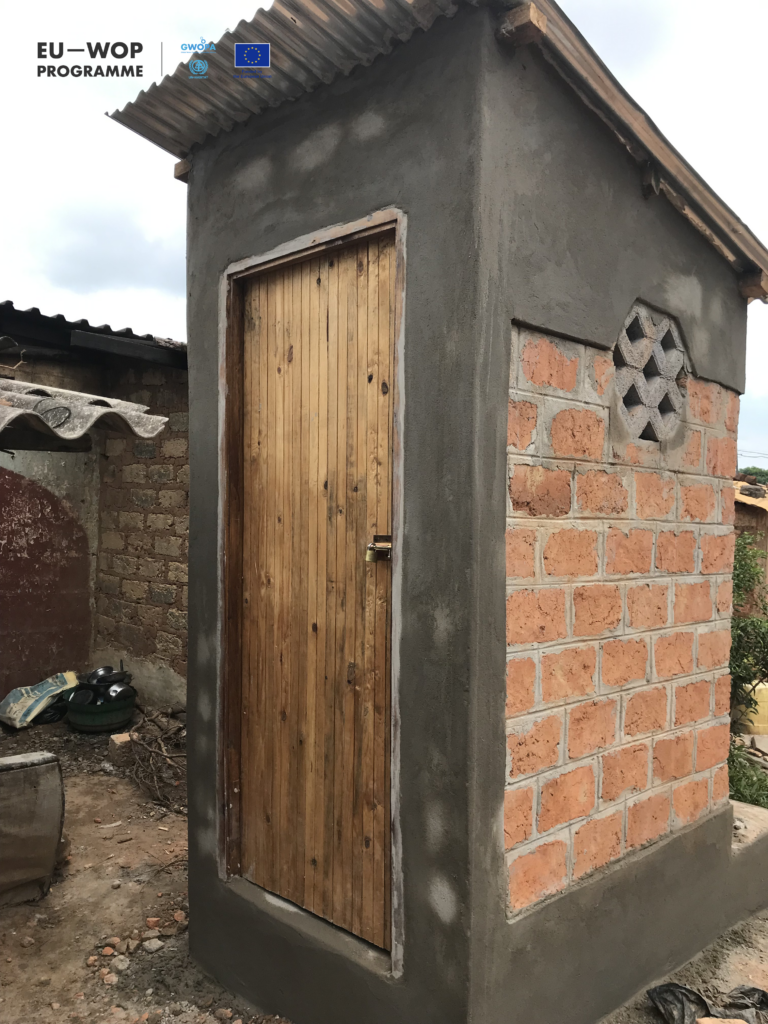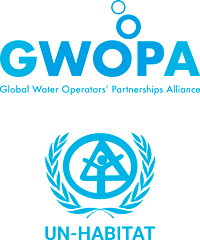The EU funded Zambia – Uganda WOP Strengthening the Low-Income Services Unit to Ensure No One Left Behind
“Low-income Services Unit is not a very exciting operational focus area for most utilities because they have to put in more to deliver services. Yet what is got from there to sustain services is minimal. With support from the EU-WOP programme, […renewed focus on and services delivery in low-income communities] has been enhanced through capacity enhancement and structuring of the initiatives.”
Zainab Mpakiraba
Manager External Services at National Water & Sewerage Corporation National Water and Sewerage Corporation (NWSC-Uganda)
The provision of water and sanitation services to low-income areas presents a challenge from the utility’s perspective. Since poor people living in urban areas often lack formal land tenures for their dwellings, utilities are either hesitant or practically unable to extend networked infrastructure to their houses. Their informal employment is an additional reason that makes it difficult for them to afford monthly water bills. Recognising the need to provide clean water and acceptable sanitation for low-income areas, Nkana Water Supply and Sanitation Company (NWSC – Zambia) in Kitwe, Zambia, is committed to delivering these services in a structured and sustainable manner through a dedicated service unit, Low-Income Communities and Social Support Unit (LICSSU) for low-income communities.
Throughout the journey towards NWSC’s LICSSU goal, the organisation faced various changes and challenges. To comply with the new mandate that designates Zambia as a High-Priority Water Country in 2021, onsite sanitation and faecal sludge management have now been included in all utilities’ operation plans. NWSC-Zambia needs to scale up its operational support to deliver better water and sanitation services.

Under the EU-WOP programme funded by the European Union and managed by UN-Habitat-led GWOPA, peer-to-peer collaboration and support have been facilitated between the Water Operators’ Partnerships (WOPs) with the two utilities, National Water and Sewerage Corporation (NWSC-Uganda), as the mentor and NWSC-Zambia as mentee. Support through the EU-WOP project “Strengthening Equitable Water and Sanitation Services Provision in Nkana Water (SEWATSAN)” has been provided to enable the restructuring and strengthening of LISSCU services. This has resulted not only in the expansion of water services to those who cannot afford them but also in the improvement of sustainable livelihood opportunities through socio-economic activities.
The project focuses on enhancing capacity for improved water and sanitation services provision in NWSC-Zambia, focusing on pro-poor. Through strengthening the LICSSU and ensuring its services are institutionalised within the utility, sanitation access has been accelerated in low-income communities. Then, creating synergies and building on existing sanitation infrastructure projects, installing ventilated improved pit (VIP) latrines, WASH advocacy and sensitisation, as well as improving sanitation services have been prioritised. In addition, the project involves community members and local stakeholders in capacity-building activities and community participation. They often join campaigns to raise awareness of water, sanitation, and hygiene (WASH), such as menstruation management in schools. The LICSSU also develops community-based enterprise and social business models, providing the communities with economic opportunities and knowledge. These engagements help to foster a sense of ownership and build responsibility towards water and sanitation of the community.

Significantly, the EU-funded Zambia-Uganda WOP program has contributed to the expansion of the NWSC’s LICSSU, increasing its capacity to manage services, provide water and sanitation access to more areas, effectively manage toilet construction projects, and build the capacity of local actors who work with the unit to deliver these services to the community. It is not only knowledge transferred between WOPs that NWSC can support improved faecal sludge and toilet facilities, but knowledge sharing within low-income communities is crucial to creating sustainable water and sanitation practices.
Thanks to the EU-WOP continuity, the activities of the LICSSU can be restructured, which helps ensure its sustainability, resulting in more marginalised people having access to water and sanitation.

